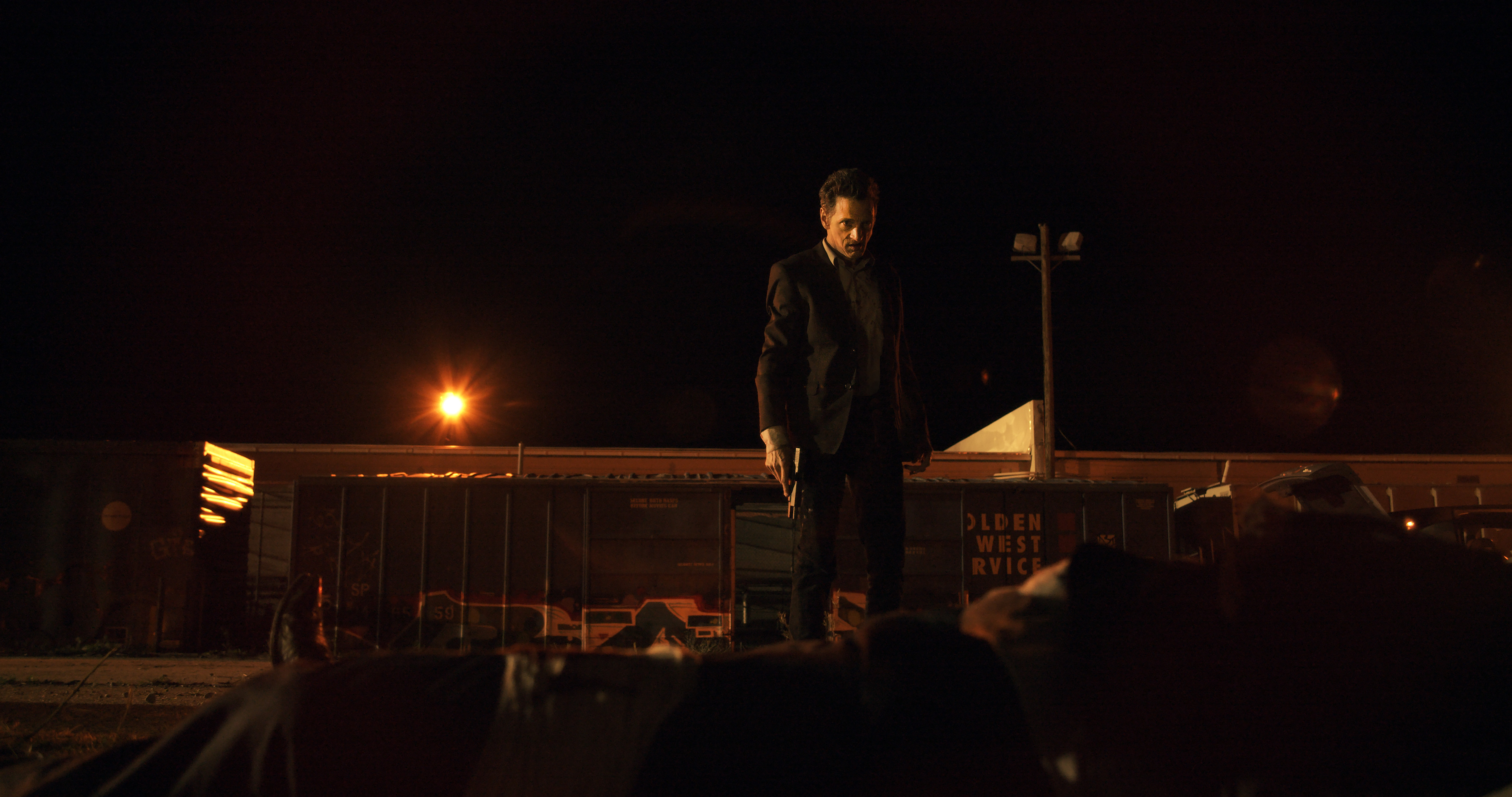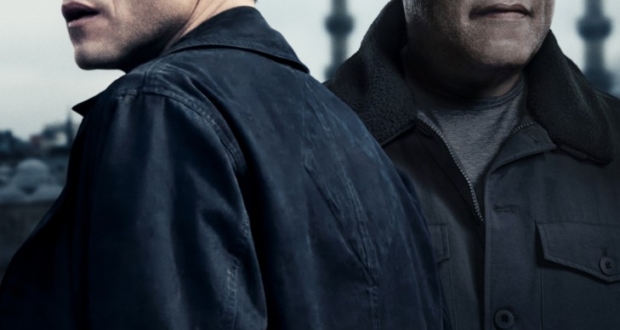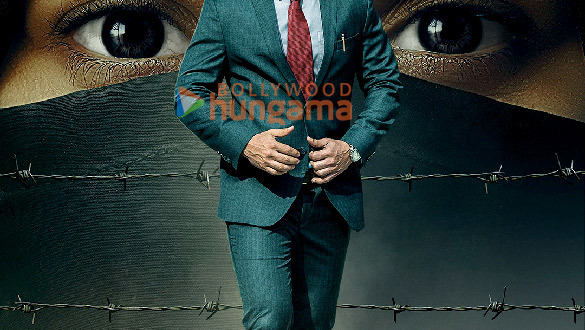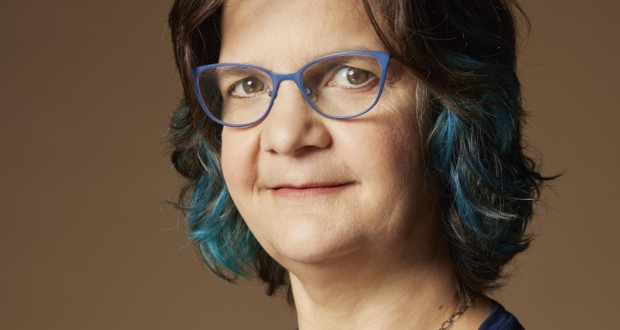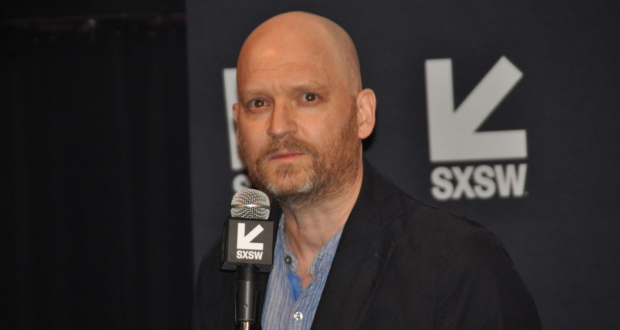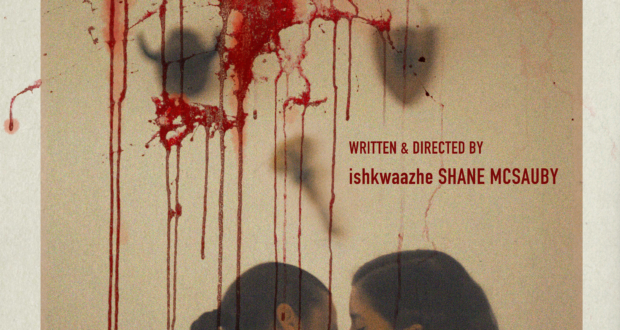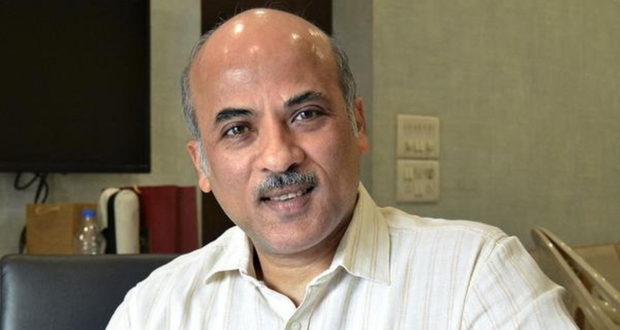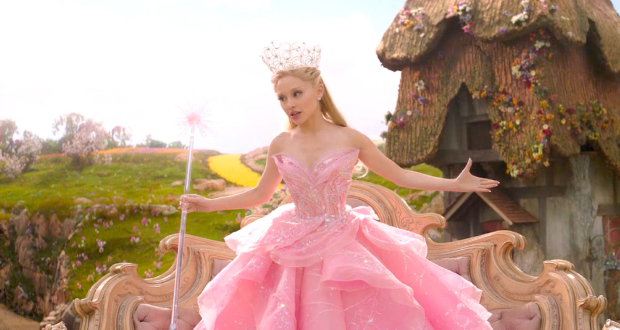Small Town Crime
Genre: Thriller
Length: 91 minutes
Writer/Directors: Ian and Eshom Nelms
Cast: John Hawkes, Octavia Spencer, Anthony Anderson, Robert Forster, Daniel Sunjata, Michael Vartan
Reviewer: Connie Wilson
When you come out of the new John Hawkes film “Small Town Crime” you know you’ve seen a special movie that has the potential to become a huge hit. Maybe even a franchise for P.I. “Jack Winter”
(John Hawkes)? Written and directed by Ian and Eshom Nelms in a very sarcastic, sardonic tone, the movie follows alcoholic ex-cop John Hawkes (“Winter’s Bone,” “The Sessions”) as he attempts to solve a crime in the hope that it will provide redemption for his past sins, especially the death of his partner when he was a police Sergeant.
Initially, Hawkes is even hopeful that he might get his job as a cop back. However, that doesn’t stop him from interviewing for other positions. One interviewer asks him why he’d be good for a security guard post. He replies, “I don’t take any shit.” Asked to assess his life’s accomplishments in the work world on a scale of 1 to 10, where 10 is high, Hawkes responds, “2 on a 10 point scale.”
At the outset, Hawkes is shown riding with veteran partner, Officer Bill Burke (Michael Flynn), but Hawkes’ Sergeant Mike Kendall is drunk while on the job. They pull over a car and Officer Burke tells Hawkes to stay in the car, after commenting earlier that he “smells like a brewery.”
The unprovoked shooting of Hawkes’ partner that happens next brings Hawkes from the squad car to return fire and kill the attacker (and, also, unfortunately, as collateral damage, a girl tied up in the trunk).
The police department is unforgiving when Hawkes blows drunk on the breathalyzer. The suits feel that Hawkes’ dissolute drinking and behavior has gotten his partner killed. This is made clear by the attitude(s) of fellow policemen who interview him, played by Michael Vartan (“Alias”) and Daniel Sunjata (“Rescue Me”).
Mike Kelly’s career as a cop is over. Or on ice. Enter, by film’s end, Private Investigator Jack Frost, Hawkes’ new identity.
Scenes after his partner’s death involve Hawkes overdoing his drinking in places with names like the Dead Dog Saloon. He is often drinking with his brother-in-law Teddy (Anthony Anderson). We learn that Hawkes was adopted and raised with Octavia Spencer (“The Help,” “Hidden Figures”) as his sister.
After one blotto night, he wakes up in a field, gets in his hot car (a loud, black stripped-down Nova that he drives like a bat out of hell) and, on his way home, the now-sober Hawkes discovers a young girl by the side of the road, badly beaten.
Hawkes rushes the young hooker to the hospital, where, later that night, she dies. His car’s interior is bloody. He takes it to the car wash (where he is told that this job will cost him extra). The car wash employees find the dead girl’s phone and Hawkes’ policeman instincts kick in as he beings to investigate this small town crime.
One thing leads to another and Hawkes is soon passing out hastily-made business cards that say “Jack Winter, Private Eye.” He contacts the dead girl’s family and, eventually, ends up with a commission from her wealthy grandfather (Robert Forster, as Steve, whom the filmmakers termed “a gentleman and a half”), a gruff and wealthy grandfather to the dead girl. He is also a crack shot with a rifle and scope.
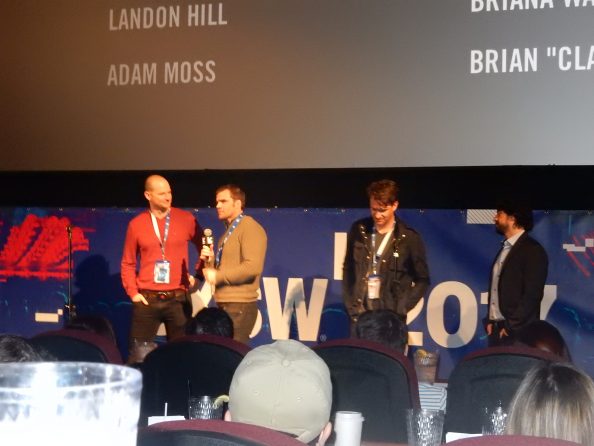
Writer/Directors, Producer and Director of Photography for “Small Town Crimes” at SXSW Q&A.
The Q&A following the film screening with the film-makers brought the story that Octavia (Spencer), who is also an executive producer on Small Town Crime, “was the guiding light in getting John Hawkes. She wrote Hawkes, who formerly lived in Austin, a letter and said, ‘We’ve been in 2 films together, but we’ve never had a scene together. All I’m going to say is we play brother and sister in this film.’”
Writer-Directors Ian and Eshom Nelms, Producer Brad Johnson and Director of Photography Johnny Derango (a Columbia, Chicago college grad), with whom I spoke at the showing also shared the story of trying to find a purple low-rider Camaro in Utah, where Small Town Crime was shot, for Clifton Collins, Jr.’s character Mood to drive.
Mood is a pimp with style and Collins plays him like John Leguizamo on steroids. I was reminded of Leguizamo’s turn with Bryan Cranston in “The Infiltrator.” Collins, a former member of the Crips in Venice in his youth, took it much farther, procuring exactly the right brand of cigarettes for his character to smoke and modeling his hair after consulting with some current gang members.
Said the filmmakers, “It was amazing. We skyped and Clifton shared that he had been a Crip in Venice in his younger days. We asked him if he could handle a gun, and he said, ‘I’m sponsored by Glock’ and pulled out a Tech 9 and a Mossberg. We borrowed him from ‘WestWorld’ where he was working. Clifton brought a lot of authenticity to the role of Mood.” He certainly did, and, like Leguizamo before him, made a good run at stealing every scene he’s in. As for his ride, the purple low-rider Camaro, the Writer/Directors laughed that “It’s surprisingly difficult to find one in Utah.” Car clubs came to the rescue.
Other actors in the piece who deserve special mention are Dale Dickey, playing a hardened female bartender at the Dead Dog Saloon. The filmmakers have done previous films with the actress, who has a Melissa Leo vibe, and hope for more. The hit man in what turns out to be a story about snuffing out greedy hookers (dubbed Orthopedic in the credits), was also an interesting character, with a gray beard and a hearing aid. Jeremy Ratchford does the part justice.
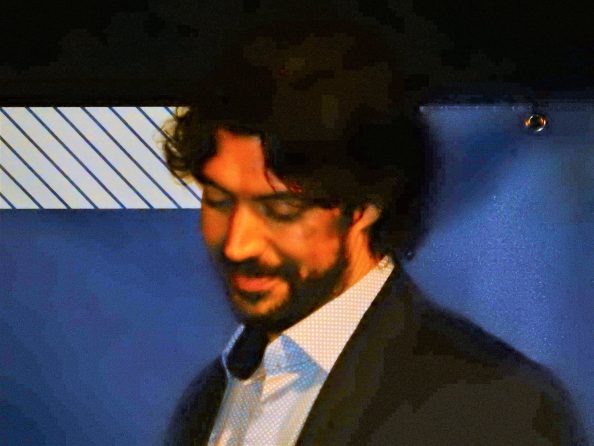
Director of Photography Johnny Derango during the Q&A after the SXSW showing of “Small Town Crime.”
There are also hookers (see above), such as the first girl killed, Kristy (Stefanie Barr), Heidi (Caity Lotz) and Ivy (Stefanie Scott), great sound for the muscle cars, and wonderful cinematography by Johnny Derango (“Lost on Purpose”), [who, as the filmmakers said to the audience, “has the greatest name on the planet.”]
I foresee another film for Hawkes’ character, to whom adopted sister Octavia Spencer’s character says in the, “All we do is help you, and all you do is ruin people’s lives.” He’s got the Clint Eastwood “Dirty Harry” vibe down, with some Jack Reacher thrown in. The ending of Small Town Crime (which I won’t reveal) leaves room for hope that we’ll see much more of this interesting character and this writing team. One great line involves Robert Forster asking Mood, “Do we have to listen to this?” in the souped-up Camaro on the way to a very well-done shoot-out scene set at a deserted railroad site.
I blew off 2 other scheduled SXSW offerings this day to see the final showing of “Small Town Crime” after nearly every single person in every single line I waited in (minimum one hour wait per film) said it was their favorite feature film at the festival. It certainly is mine.
